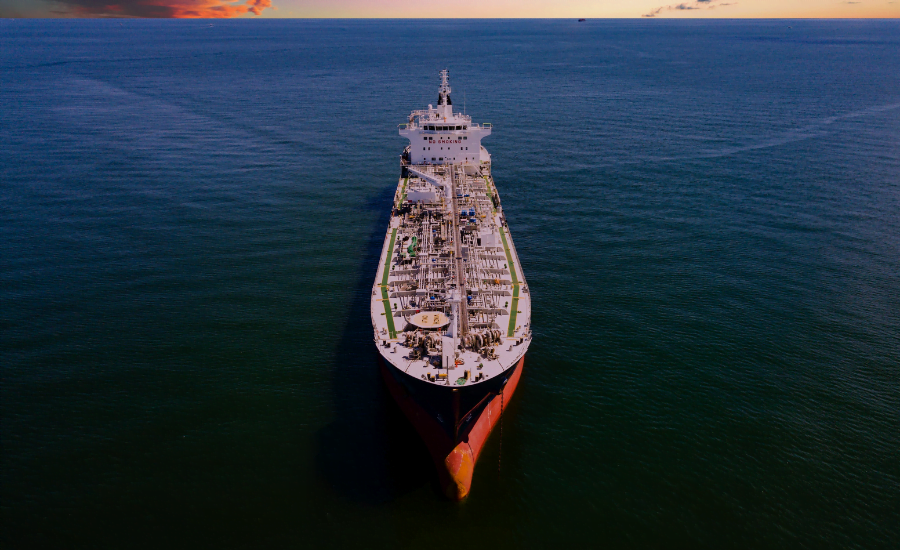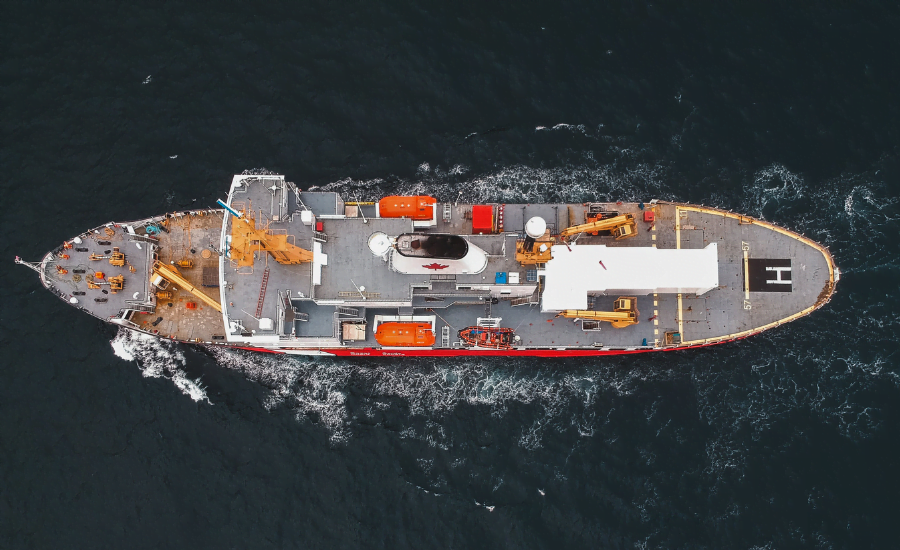
The problem of piracy off the coast of West Africa. Highlighted in the International Maritime Bureau (IMB) report, is primarily a problem in Nigeria’s Piracy . According to an IMB report, maritime piracy is now occurring more off the coast of the West Africa than around Somalia. This is partly because of an international naval task force patrols the coast of Somalia. However, this is partly due to the peculiarities of the Nigerian economy and the widespread corruption in Nigeria’s Piracy. The IMB report’s map of West Africa’s most dangerous waters. Includes a line drawn around the coast of Nigeria. And extending slightly into the territorial waters of the smaller countries of Benin and also Togo.
The Story Behind the Story

The typical modus operandi of Somali pirates is to seize ships and kidnap sailors for ransom. But Nigeria’s main motive is to steal oil and refined oil from tankers. Map of Nigeria “Many ships are attacked while at anchor, adrift. Or while transporting sophisticated cargo from ship to ship,” the IMB report said. “Only 33% of ships were attacked while actively sailing in the Gulf of Guinea. In contrast, attacks off the coast of Somalia almost always occur while the ship is underway.” The ‘story behind the story,’ and the reason so many tankers ply the coast to and from Nigeria’s Piracy. Lies in the chronic failure of local authorities to build and maintain refineries within Nigeria. To put it bluntly, there is a lot of money to be made by exporting crude oil from the region’s largest oil producer. And reimporting refined fuel to so many petrol-hungry Nigerians.
The productive economy through the construction of refineries, etc, has been largely forgotten. In good years. Nigeria produces more than 2 million barrels of oil per day, making it one of Africa’s largest producers. However, his refining capacity is less than a quarter of that. In fact, due to poor maintenance at some refineries. Less than a quarter of the oil is actually processed in the country. Hundreds of tankers therefore move in and out of the mangrove swamps of the Gulf of Guinea and the Niger Delta, home to many of Nigeria’s relatively small and scattered onshore oil fields, every day.
Right To Cheap Gasoline

Tankers transport crude oil or bring back refined fuel. Combined with weak and sometimes the corrupt security forces, this creates a perfect scenario for pirates to operate. The swamp hides a number of private piers and mini-ports, as well as a network of pipelines that are frequently breached. Corruption and, until recently, armed insurgency in oil-producing regions have led to the development of an entire well-organized industry to steal petroleum products (called “bunkering” in Nigeria).
This criminal import-export industry, largely institutionalized by state subsidies for gasoline sales, costs the country billions of dollars annually and fosters illegal activity. This subsidy is paid to politically connected fuel importers in order to keep prices low and thereby end insecurity for the vast majority of very poor Nigerians. Knowing full well how much money is stolen from those at the top of society, Nigerians demand cheap petrol as a piece of their pie and as their political right.However, in reality, much of the subsidized fuel is sold at high prices on the black market.
The World Will Turn Upside Down

If that happens, Nigerians will suffer a double blow. Your government is being fooled by fuel importers who break the rules. And they are personally being fooled by the higher price. Ordinary Nigerians live in an upside-down world where petrol stations are never what they seem. In Nigeria, it is common to see abandoned and empty petrol stations, with small piles of petrol cans being sold on the side of the road. Gas stations should sell subsidized gasoline. However, the fuel was diverted into canisters and sold at a very higher price on the black market. If the authorities stop this diversion and fuel is properly sold at subsidized rates at gas stations, there will be huge queues of people waiting to get their share.
Some Nigerian government ministers have occasionally tried to abolish subsidies and introduce a more rational system. But they are unable to do so because ordinary people are threatening near-revolution, and also what Nigeria’s President Goodluck Jonathan has called an “evil cabal” is making money off of the current arrangement.









